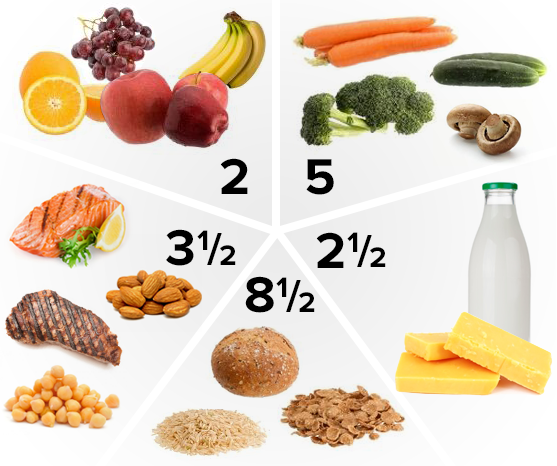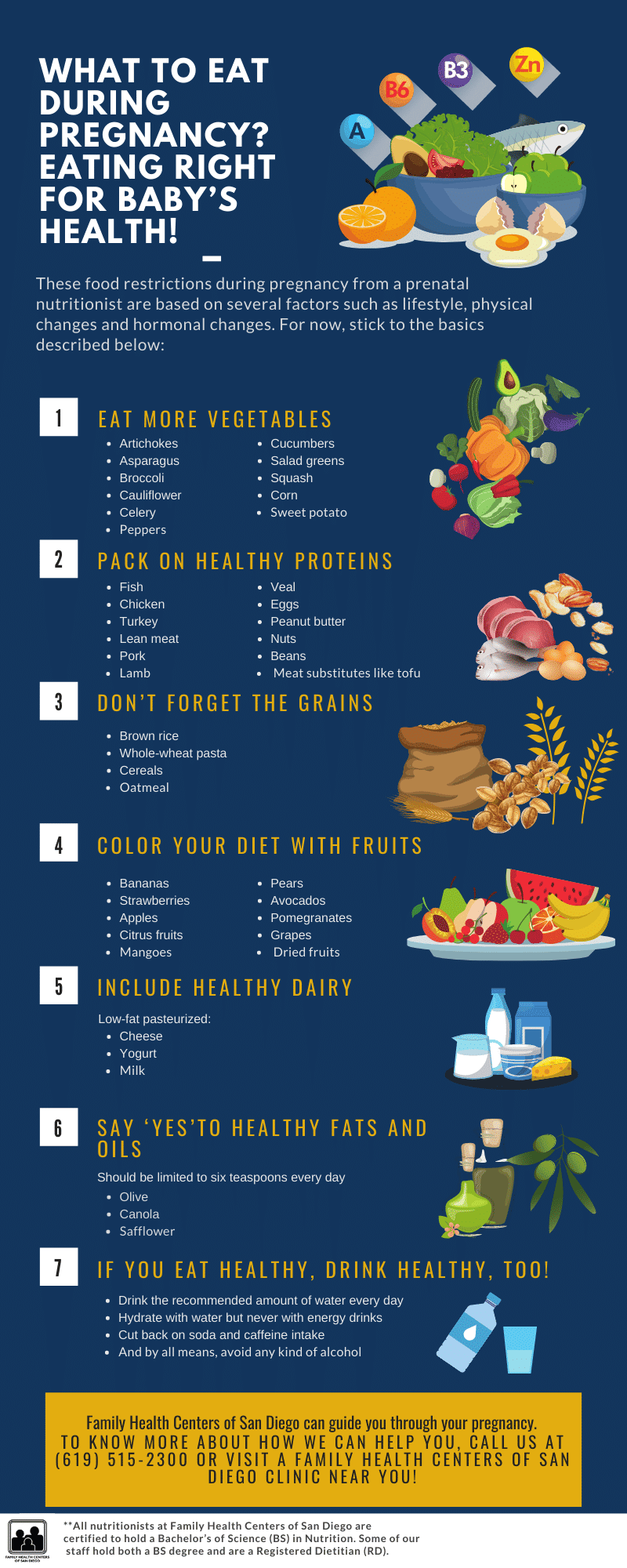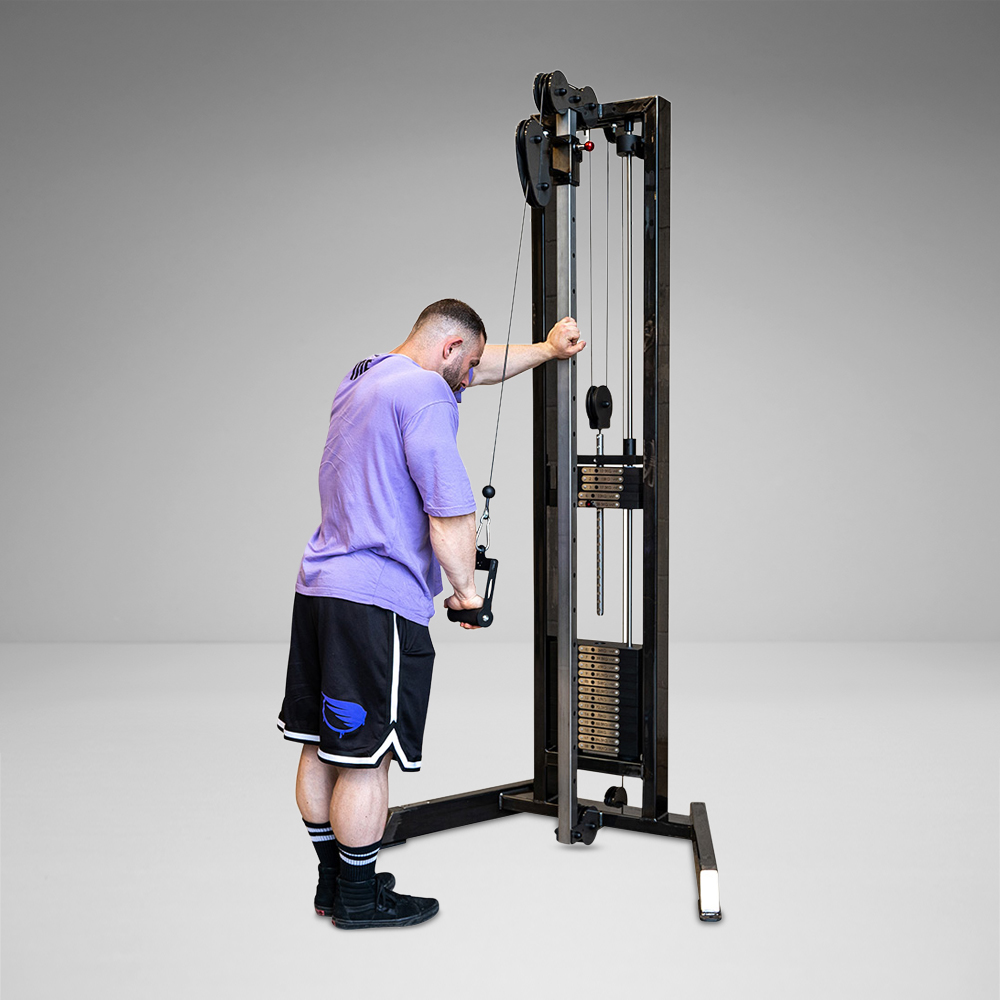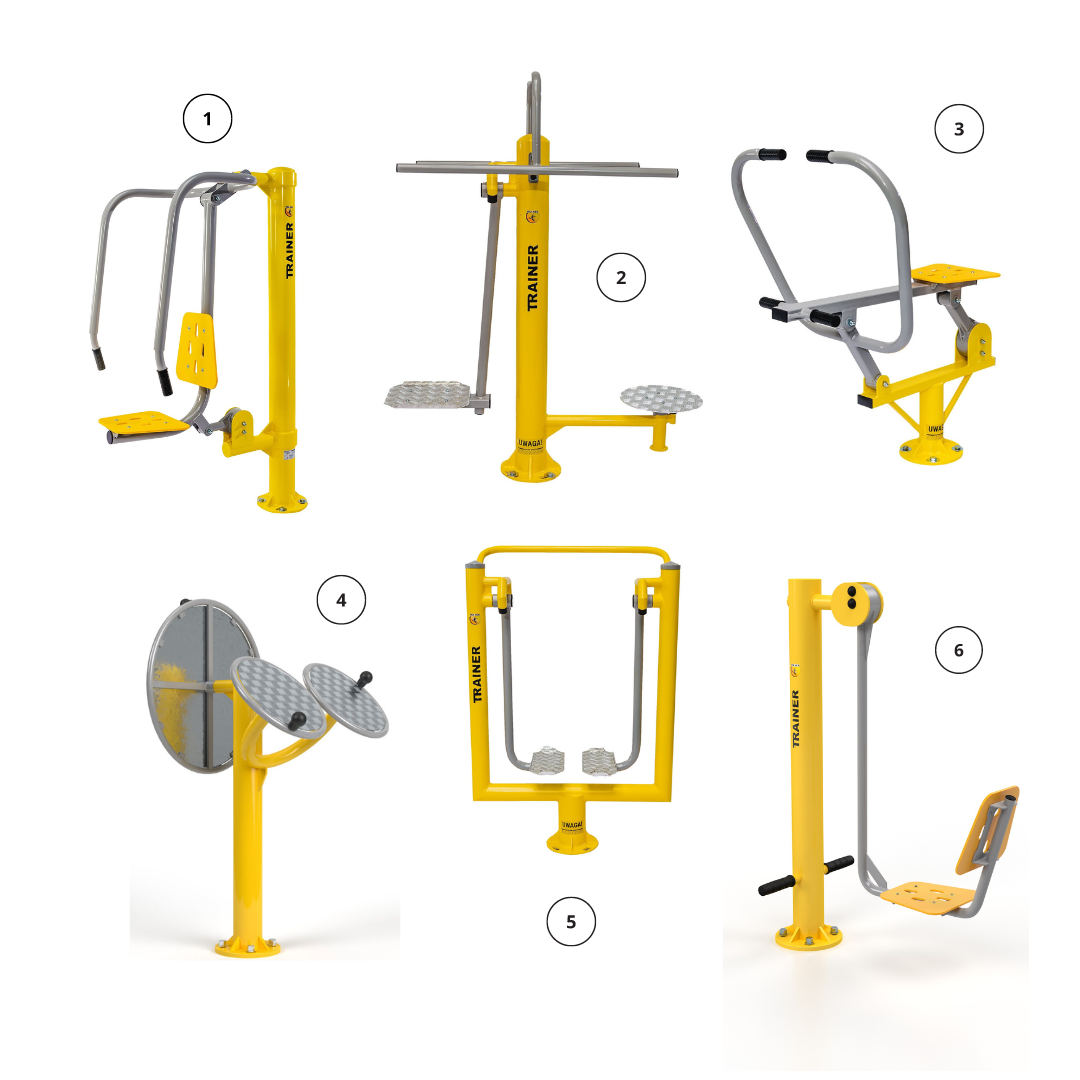what are healthy foods to eat during pregnancy? include leafy green vegetables, lean proteins, whole grains, and fruits. These foods provide essential nutrients for both mother and baby.
Eating healthy during pregnancy is crucial for the health of both mother and baby. A balanced diet ensures the baby gets essential nutrients needed for growth and development. Leafy green vegetables, such as spinach and kale, are rich in vitamins and minerals.
Lean proteins like chicken, fish, and beans help in the baby’s tissue and muscle development. Whole grains provide necessary fiber and energy. Fruits offer vitamins and antioxidants that boost immunity. Including these foods in the daily diet can promote a healthy pregnancy and reduce complications. Always consult with a healthcare provider for personalized dietary advice.
Introduction To Pregnancy Nutrition
what are healthy foods to eat during pregnancy? Nutrition is crucial for both mother and baby. Eating healthy foods supports baby’s growth and mother’s health. This guide will help you understand what to eat during pregnancy.
The Importance Of Balanced Diet
A balanced diet during pregnancy ensures you get all essential nutrients. It helps in the development of the baby and keeps the mother healthy. Balanced meals include a variety of foods from different groups.
Eating a mix of fruits, vegetables, proteins, and grains is important. Avoiding junk food and sugary snacks is also key. A balanced diet can prevent complications and promote a healthy pregnancy.
Key Nutrients For Expectant Mothers
Certain nutrients are particularly important during pregnancy. These nutrients support the baby’s growth and the mother’s well-being. Below is a table of key nutrients and their benefits:
| Nutrient | Benefits | Food Sources |
|---|---|---|
| Folic Acid | Prevents birth defects | Leafy greens, beans, fortified cereals |
| Iron | Prevents anemia | Red meat, spinach, lentils |
| Calcium | Supports bone health | Dairy products, broccoli, fortified juices |
| Protein | Supports baby’s growth | Lean meats, eggs, nuts |
| Omega-3 Fatty Acids | Promotes brain development | Fish, flaxseeds, walnuts |
Eating a variety of foods can help meet these nutrient needs. It’s best to consult with a healthcare provider for personalized advice.
Fruits And Vegetables: The Colorful Essentials
During pregnancy, eating a variety of fruits and vegetables is crucial. They provide essential vitamins, minerals, and fiber. These nutrients support your baby’s growth and development. Here’s a guide to two important categories: berries and leafy greens.
Berries For Antioxidants
Berries are a powerhouse of nutrients. They are rich in antioxidants, which protect your cells. Eating berries can boost your immune system.
- Blueberries: Packed with vitamin C and fiber.
- Strawberries: High in folate, which is good for fetal development.
- Raspberries: Great source of manganese and vitamin K.
Leafy Greens For Folate
Leafy greens are essential for pregnant women. They provide folate, which prevents birth defects. Folate is crucial in the first trimester.
| Leafy Green | Nutrient |
|---|---|
| Spinach | Rich in iron and calcium. |
| Kale | High in vitamin A, C, and K. |
| Swiss Chard | Contains magnesium and potassium. |
Incorporate these colorful essentials into your diet. They are simple to add to meals and snacks. Your body and baby will benefit greatly.
Whole Grains: Fiber-rich Foundations
Pregnancy demands a nutrient-dense diet. Whole grains provide essential nutrients for both mother and baby. They offer fiber, vitamins, and minerals. Whole grains also support digestion and energy levels.
Quinoa For Protein
Quinoa is a complete protein. It contains all nine essential amino acids. This is crucial for the baby’s growth. Quinoa is also rich in iron and magnesium. These minerals aid in red blood cell production and muscle function.
Here are some benefits of quinoa:
- High in protein
- Rich in iron
- Contains essential amino acids
- Good source of magnesium
- Add to salads for extra protein.
- Use as a base for vegetable bowls.
- Mix with fruits for a nutritious breakfast.
Oats For Energy
Oats are a fantastic source of energy. They contain complex carbohydrates which release energy slowly. This helps in maintaining stable blood sugar levels. Oats also provide fiber, which supports digestion.
Here are the benefits of oats:
- Rich in fiber
- Provides long-lasting energy
- Helps in maintaining blood sugar levels
- Supports digestive health
- Prepare oatmeal for a hearty breakfast.
- Add oats to smoothies for extra texture.
- Use oats in baked goods for a fiber boost.
Lean Proteins: Building Blocks For Growth
During pregnancy, it’s crucial to consume lean proteins. They are essential for both the mother’s and the baby’s growth. Lean proteins help build muscles, tissues, and organs. They also support the immune system. This makes them vital for a healthy pregnancy.
Fish Rich In Omega-3
Fish is an excellent source of lean protein. Omega-3 fatty acids in fish are vital for brain development. Eating fish like salmon and trout can offer these benefits. These fish are low in mercury, making them safe for pregnant women.
| Fish Type | Benefits |
|---|---|
| Salmon | Rich in Omega-3 and low in mercury |
| Trout | High in protein and safe for pregnancy |
Chicken For Low-fat Options
Chicken is another great source of lean protein. It is low in fat and high in nutrients. Chicken breast, in particular, is a healthier choice. It provides essential amino acids for the baby’s growth.
Here are some benefits of eating chicken during pregnancy:
- Low in saturated fats
- High in essential nutrients
- Supports muscle growth
Dairy: Calcium And Vitamin D Sources
What are healthy foods to eat during pregnancy? During pregnancy, your body needs extra calcium and vitamin D. These nutrients help your baby’s bones and teeth develop. Dairy products are excellent sources of these nutrients. They provide essential benefits for both you and your baby.
Yogurt For Probiotics
Yogurt is rich in calcium and vitamin D. It also contains probiotics, which are good bacteria. Probiotics help maintain a healthy digestive system. A healthy gut can improve nutrient absorption.
| Nutrient | Benefits |
|---|---|
| Calcium | Supports bone health |
| Vitamin D | Enhances calcium absorption |
| Probiotics | Promotes gut health |
You can eat yogurt as a snack or add it to smoothies. Choose plain yogurt to avoid added sugars. You can sweeten it with fresh fruits.
Cheese For Bone Health
Cheese is another great source of calcium and vitamin D. Eating cheese can support your and your baby’s bone health. It is also a good source of protein.
- Cheddar
- Swiss
- Mozzarella
These types of cheese are rich in essential nutrients. Incorporate cheese into your diet by adding it to sandwiches, salads, or as a snack.

Credit: raisingchildren.net.au
Legumes: Iron And Protein Powerhouses
Legumes are a fantastic source of iron and protein. They are essential for expecting mothers. They provide vital nutrients for both mother and baby. Here we explore two key legumes: lentils and chickpeas.
Lentils For Iron
Lentils are rich in iron. Iron helps in forming red blood cells. These cells carry oxygen to your baby. A single cup of lentils provides about 6.6 mg of iron.
Pregnant women need more iron. Lack of iron can lead to anemia. Anemia causes fatigue and weakness. Lentils are also a good source of protein. Protein is essential for the growth of the baby’s tissues.
| Nutrient | Amount per cup |
|---|---|
| Iron | 6.6 mg |
| Protein | 18 grams |
Chickpeas For Fiber
Chickpeas are high in fiber. Fiber helps in digestion. It prevents constipation, a common pregnancy issue. One cup of chickpeas has around 12.5 grams of fiber.
Chickpeas also offer protein. They help in muscle development. They are also rich in folate. Folate is crucial for the baby’s brain development.
- Fiber: 12.5 grams per cup
- Protein: 14.5 grams per cup
- Folate: 282 mcg per cup
Nuts And Seeds: Nutrient-dense Snacks
What are healthy foods to eat during pregnancy? During pregnancy, a balanced diet is crucial. Nuts and seeds provide essential nutrients for both mother and baby. They are packed with vitamins, minerals, and healthy fats. These snacks are easy to carry and eat on the go.
Almonds For Vitamin E
Almonds are rich in Vitamin E. This vitamin helps protect your cells from damage. Eating almonds supports your baby’s skin and eye development. They also contain magnesium, which helps prevent preterm labor. A small handful of almonds each day can be beneficial.
Here are some ways to include almonds in your diet:
- Add chopped almonds to your morning cereal or yogurt.
- Use almond butter as a spread on whole grain toast.
- Mix almonds into your salads for a crunchy texture.
Chia Seeds For Omega-3
Chia seeds are a great source of Omega-3 fatty acids. Omega-3s are important for your baby’s brain development. These seeds also provide fiber, which helps with digestion during pregnancy.
Ways to include chia seeds in your diet:
- Mix chia seeds into your smoothies.
- Sprinkle them over oatmeal or yogurt.
- Add chia seeds to your baked goods like muffins or bread.
Incorporating these nutrient-dense snacks can benefit both mother and baby. Remember to enjoy them in moderation as part of a balanced diet.

Credit: www.hopkinsmedicine.org
Staying Hydrated: The Role Of Fluids
Staying hydrated during pregnancy is vital for your health. Fluids support essential bodily functions and aid in fetal development. Drinking enough fluids can also prevent common pregnancy issues like constipation and urinary tract infections. Below, we explore two important types of fluids to include in your diet.
Water For Overall Health
What are healthy foods to eat during pregnancy? Water is the best fluid to keep you hydrated. It helps in the formation of amniotic fluid and supports your baby’s growth. Drinking adequate water can also help reduce swelling and bloating. Aim for at least eight 8-ounce glasses of water each day.
| Benefit | Description |
|---|---|
| Amniotic Fluid | Supports baby’s growth and development |
| Reduce Swelling | Helps to reduce pregnancy-related swelling |
| Digestive Health | Prevents constipation and aids digestion |
Herbal Teas For Antioxidants
Herbal teas are another great way to stay hydrated. They provide antioxidants and can soothe common pregnancy symptoms. Make sure to choose pregnancy-safe teas like ginger, chamomile, or peppermint. Avoid teas with high caffeine content.
- Ginger Tea: Helps with nausea and morning sickness.
- Chamomile Tea: Promotes relaxation and better sleep.
- Peppermint Tea: Eases digestive issues like bloating.
Herbal teas can be a delicious and healthy part of your fluid intake. Always consult your doctor before adding new teas to your diet.
Meal Planning And Safe Food Practices
What are healthy foods to eat during pregnancy? Eating healthy during pregnancy is essential for both mother and baby. Proper meal planning and safe food practices ensure you get the nutrients needed. This section covers how to create a balanced diet and avoid harmful substances.
Creating A Balanced Diet
A balanced diet during pregnancy helps in the baby’s development. Include a variety of foods from different food groups. Here are some key elements:
- Fruits and Vegetables: Aim for 5 servings per day. They provide vitamins and fiber.
- Proteins: Include lean meats, fish, beans, and nuts. Protein is essential for growth.
- Whole Grains: Choose brown rice, whole wheat bread, and oats. These offer energy and fiber.
- Dairy: Consume milk, cheese, and yogurt. They supply calcium for strong bones.
- Healthy Fats: Use olive oil and eat avocados. These fats are good for brain development.
Here is a sample meal plan:
| Meal | Food Items |
|---|---|
| Breakfast | Oatmeal with berries, a glass of milk |
| Snack | Apple slices with peanut butter |
| Lunch | Grilled chicken salad, whole grain bread |
| Snack | Carrot sticks with hummus |
| Dinner | Baked salmon, quinoa, steamed broccoli |
Avoiding Harmful Substances
Some foods and substances can be harmful during pregnancy. It’s important to know what to avoid:
- Alcohol: Avoid all alcohol. It can cause developmental issues.
- Raw Fish: Avoid sushi and undercooked seafood. They may contain harmful bacteria.
- Unpasteurized Dairy: Avoid soft cheeses and raw milk. They can carry bacteria.
- Caffeine: Limit to 200 mg per day. Too much caffeine can affect the baby.
- Processed Meats: Avoid deli meats and hot dogs. They can contain harmful bacteria.
Always wash fruits and vegetables before eating. Cook meats thoroughly to kill bacteria. Use a food thermometer to ensure proper cooking temperatures.

Credit: www.whattoexpect.com
Frequently Asked Questions
What Is The Healthiest Thing To Eat While Pregnant?
Eat leafy greens, lean proteins, whole grains, and fresh fruits. Incorporate dairy for calcium, and drink plenty of water.
What Foods Should A Pregnant Woman Eat Daily?
A pregnant woman should eat fruits, vegetables, whole grains, lean proteins, and dairy daily. Include folic acid, iron, calcium, and omega-3s. Stay hydrated.
What Is A Good Meal Plan For A Pregnant Woman?
A good meal plan for a pregnant woman includes lean proteins, whole grains, fruits, vegetables, and dairy. Drink plenty of water. Avoid processed foods and limit caffeine. Include prenatal vitamins as recommended by your doctor.
Which Is A Healthy Meal Especially During Pregnancy?
A healthy meal during pregnancy includes lean proteins, whole grains, fruits, vegetables, and dairy. Drink plenty of water. Avoid raw fish and unpasteurized products.
Conclusion
Choosing healthy foods during pregnancy is crucial for both mother and baby. Focus on nutrient-rich options like fruits, vegetables, lean proteins, and whole grains. Staying hydrated and eating a balanced diet supports a healthy pregnancy. Always consult with your healthcare provider for personalized dietary advice.
Make every bite count for a healthier future.




Leave a Reply